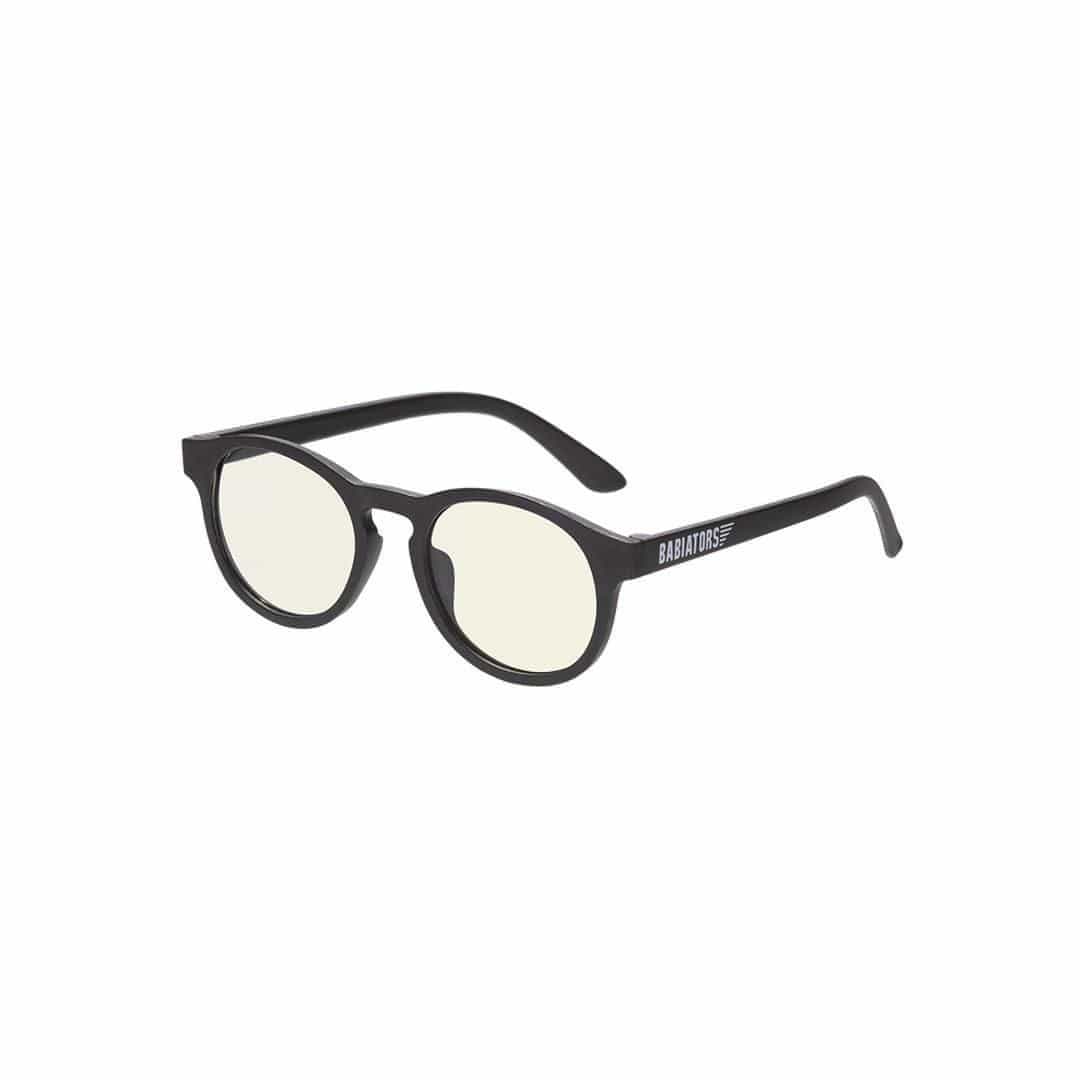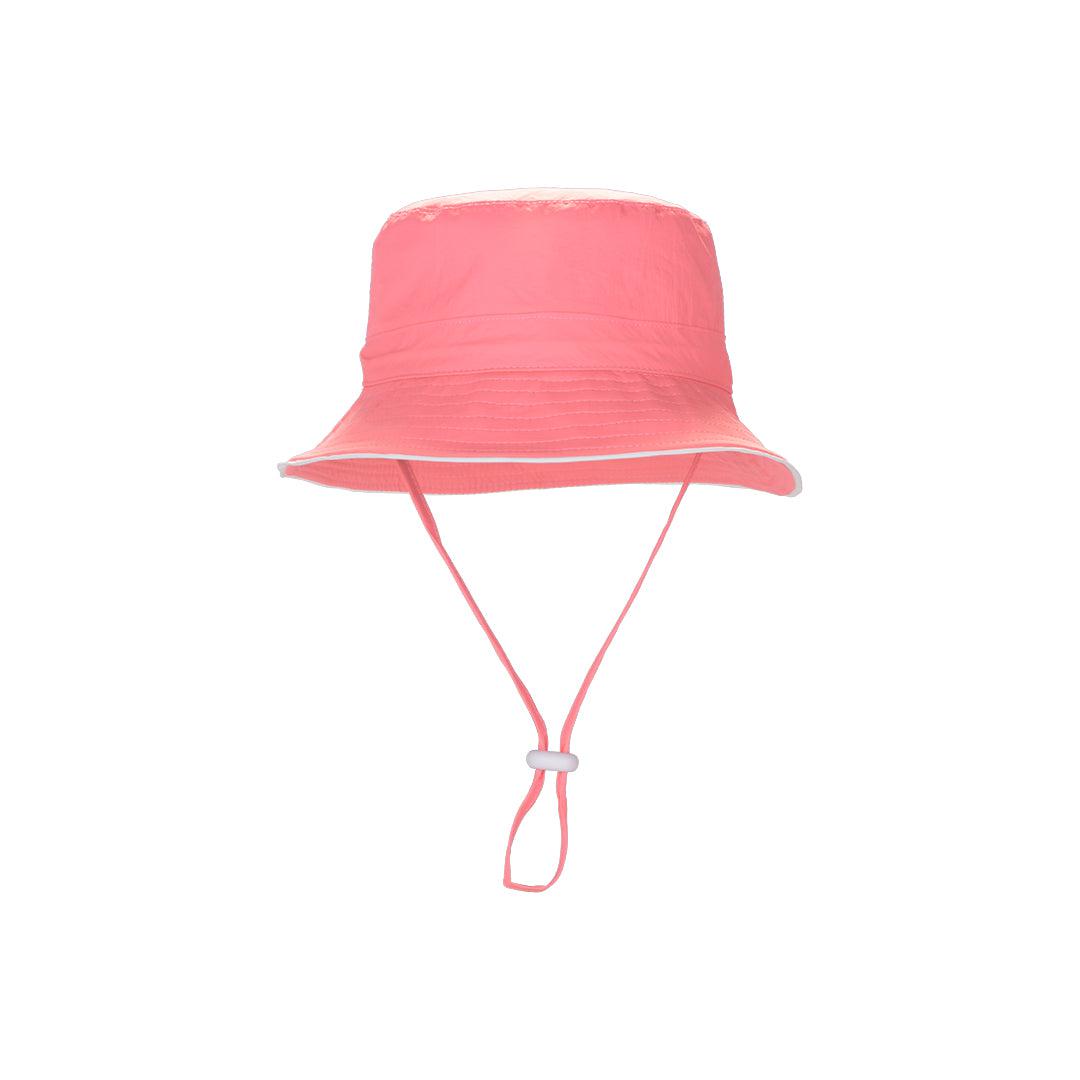A parent's handbook for National Eye Health Week!
This week, we're celebrating National Eye Health Week (NEHW), a special time to delve into the world of children's eye health. Our goal is to ensure that your little ones enjoy the best possible vision, just like a visit to the dentist or gearing up for the back-to-school season. According to data from the Department for Education, an astounding 1.6 million school-aged children in England alone have undetected eye issues. This is why eye health experts are working tirelessly to raise awareness among parents, making eye care a regular part of our family routines.
Here at Babiators, we're on a mission to shine a spotlight on the importance of maintaining pristine eye health in children and to provide guidance on keeping those precious peepers in tip-top condition.

So, what exactly is National Eye Health Week?
It's a campaign dedicated to raising awareness about being "eye-aware" and promoting healthy lifestyles that prioritise optical health. Did you know that over two million people in the UK suffer from sight loss, and half of it is preventable? By taking measures like using eye protection, scheduling regular check-ups, and adopting certain lifestyle habits, we can significantly reduce avoidable vision problems.
Why is good eye health so significant for our youngsters?
The good news is that nurturing healthy eyes from an early age ensures the full development of a child, both academically and socially. While the UK National Screening Committee recommends vision screening at ages four to five, many optometrists suggest starting as early as age three, with subsequent annual check-ups. Regular eye exams are crucial because children's eyes can change rapidly as they grow, and early detection of vision issues can truly make a difference.

How can you keep an eye on your child's eye health?
It's quite simple! Scheduling an annual visit to an optometrist or seeking help when you notice signs of vision problems can identify potential eye conditions. Although not all eye conditions come with noticeable symptoms, here are some behaviours to watch out for in your child:
- Sitting too close to the TV or screens.
- Frequent headaches.
- Excessive eye rubbing or blinking.
- Difficulty concentrating on reading.
- Involuntary eye movements.
- Poor handwriting.
- Some schools offer basic screenings for these signs and will inform parents if they have concerns. However, it's advisable for parents to remain vigilant since vision problems can manifest before a child reaches school age.
In addition to annual eye examinations, there are several lifestyle choices and daily practices that can promote good eye health:
- Encourage your child to engage in regular outdoor activities. Numerous studies have linked regular exercise to a reduced risk of common eye conditions such as cataracts, wet age-related macular degeneration, and glaucoma.
- Incorporate eye-friendly foods into their diet. Foods rich in vitamins C and E, like oranges, strawberries, kale, spinach, and cabbage, can support eye health by aiding in tissue repair and bolstering the immune system.
- Protect their eyes properly. Maintaining healthy eyes throughout childhood and beyond requires proper eye protection. High-quality sunglasses, such as our UV400 lens Babiators, are essential for shielding young eyes from harmful UV rays.

What's the next step, you ask?
To kickstart your child's journey to optimal eye health, schedule an eye exam. It's a quick and straightforward process, and here's some fantastic news: children under the age of 16 are entitled to NHS-funded sight tests (covering the cost of a sight test), plus an optical voucher.
If your young adventurer hasn't yet sported a stylish pair of sunglasses, consider picking up a pair of Babiators to protect their eyes during their next escapade. Let's join forces to ensure our children enjoy the gift of clear and healthy vision!










